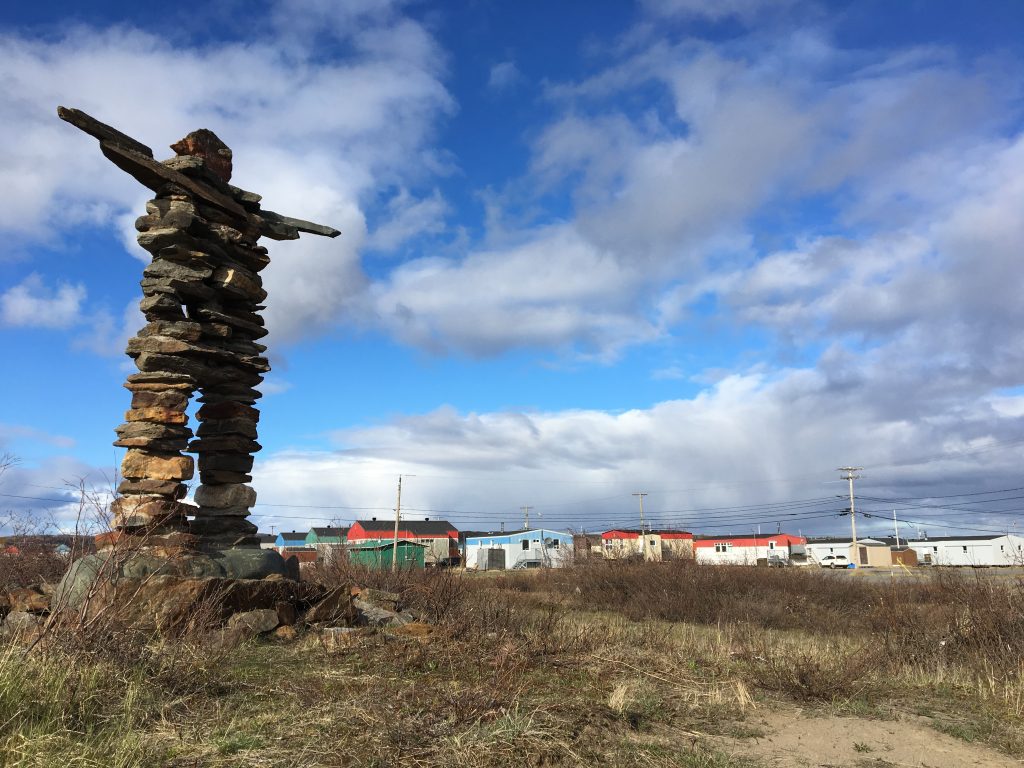- Joined
- Dec 6, 2010
- Messages
- 33,424
- Reaction score
- 5,686
Legault fires back at Ottawa after comments on Bill 96 and Bill 21
Legault describes Ottawa's plan to intervene in Bill 21 court challenge as disrespectful
By Antoni Nerestant · CBC · May 25, 2022
Legault describes Ottawa's plan to intervene in Bill 21 court challenge as disrespectful
By Antoni Nerestant · CBC · May 25, 2022
Canada's justice minister criticized Quebec's newly adopted language law on Wednesday, while also providing details on how and when the federal government could get involved in the legal challenge of the province's controversial religious symbols law.
His statements appear to have angered Quebec's premier.
"It makes no sense," said François Legault, who added that the majority of Quebecers are in favour of both laws.
David Lametti weighed in on Quebec's new language law, Bill 96, which was adopted into law on Tuesday, and he said he would not rule out Ottawa taking part in a legal challenge against it.
"We will keep all options on the table," he said. "We won't eliminate the possibility of joining court challenges where we feel it is necessary to protect the constitutional rights of Canadians."
The sweeping new language law is large in scope.
It limits the use of English in the courts and public services and imposes tougher language requirements on small businesses and municipalities. It also caps the number of students who can attend English-language CEGEPs, which are junior colleges, and increases the number of French courses students at that level must take.
Lametti said he was concerned about the law's potential effects on immigrants, access to justice and health care in both French and English as well as Indigenous rights.
He also criticized Quebec's pre-emptive use of the notwithstanding clause which essentially protects Bill 96 from legal challenges based on the Canadian Charter of Rights and Freedoms. Quebec also used the notwithstanding clause for its controversial religious symbols law — also known as Bill 21.
"I recall those debates when the Constitution came into force and the notwithstanding clause was meant to be the last word," Lametti said when meeting reporters on Wednesday morning.
"It wasn't meant to be the first word."
Lametti, who is also the federal MP for the Montreal riding of LaSalle–Émard–Verdun fielded a series of questions from reporters about the federal government's possible involvement in a legal challenge against both Bill 96 and Bill 21.
In what appears to be Ottawa's most definitive statement yet about getting involved in the court battle against the religious symbols law, Lametti said the federal government would be ready to present its opinions to the Supreme Court of Canada.
"We've always said since the beginning that we have some concerns with this bill, and that we were going to leave some space for Quebecers to express themselves before the courts," Lametti said.
"Once the [Quebec] Court of Appeal renders a decision, we will go to the Supreme Court to give our opinions on this because [at that point], it would be, by definition, a national issue."
In the past, Prime Minister Justin Trudeau has said he preferred to stay out of the court challenge against Bill 21, while remaining open to stepping in at some point in the process. But during a public appearance in Saskatchewan on Wednesday afternoon, Trudeau echoed Lametti's comments.
"If Bill 21, as it seems almost inevitable, ends up before the Supreme Court, the government of Canada will be part of that discussion," Trudeau said.
"We will be there to defend the fundamental rights of all Canadians [whose rights] have been suspended by this law. This is a matter that matters to all Canadians."
So far, only Quebec's Superior Court has issued a ruling on Bill 21.
'Flagrant lack of respect' towards Quebecers, Legault says
Quebec Premier François Legault blasted Lametti for committing to go to the Supreme Court before the Quebec Court of Appeal had even issued its own ruling. He also had harsh words for Prime Minister Justin Trudeau.
"It's a flagrant lack of respect from Justin Trudeau toward Quebecers," Legault said.
Legault also described a potential legal challenge against the new language law as more evidence of a lack of respect for Quebec.
The passing of Bill 96 on Tuesday came after weeks of protests over concerns it would infringe on the rights of anglophones, allophones and Indigenous communities.
The Legault government has insisted the new law would do no such thing, but many legal experts disagree.
The federal justice minister expressed concerns regarding a clause in the language law that gives sweeping powers to Quebec's language office to investigate businesses suspected of not operating in the province's official language.
"I'm a Quebecer. As a citizen of Quebec, I'm concerned about access to health care. I'm concerned the ability to conduct search and seizure and whether that violates charter rights," Lametti said.
https://www.cbc.ca/news/canada/montreal/bill-96-federal-response-justice-minister-legault-1.6465090





